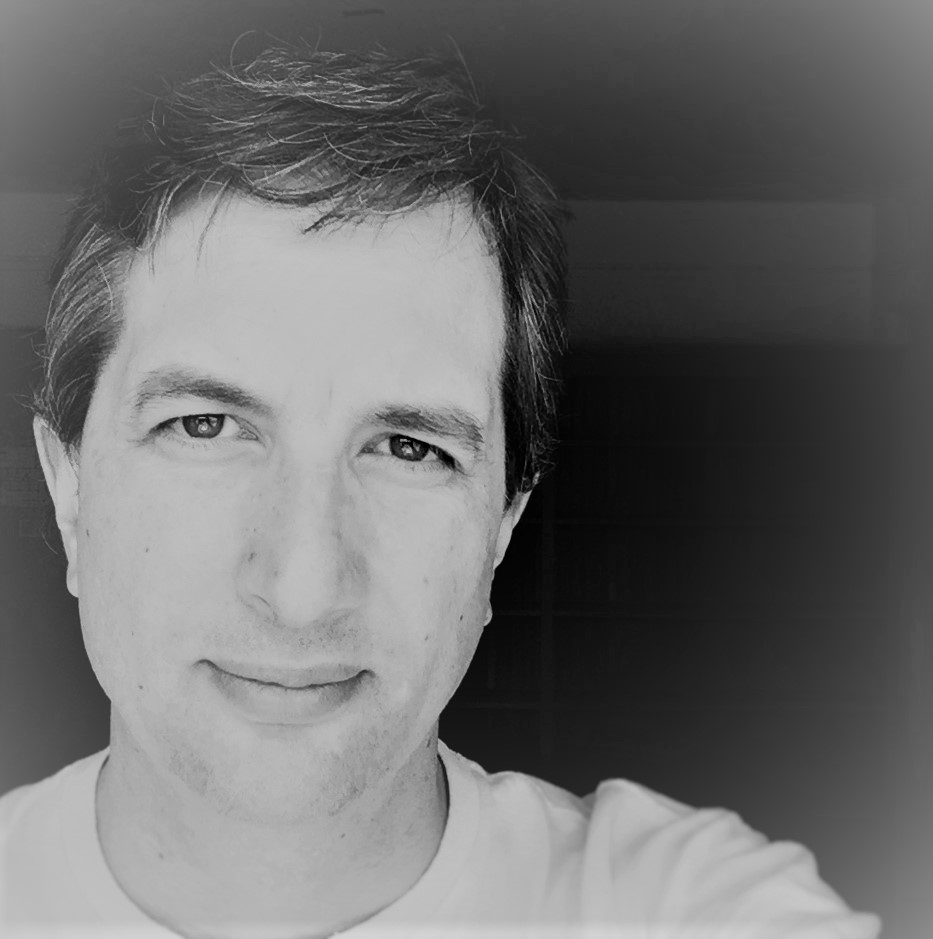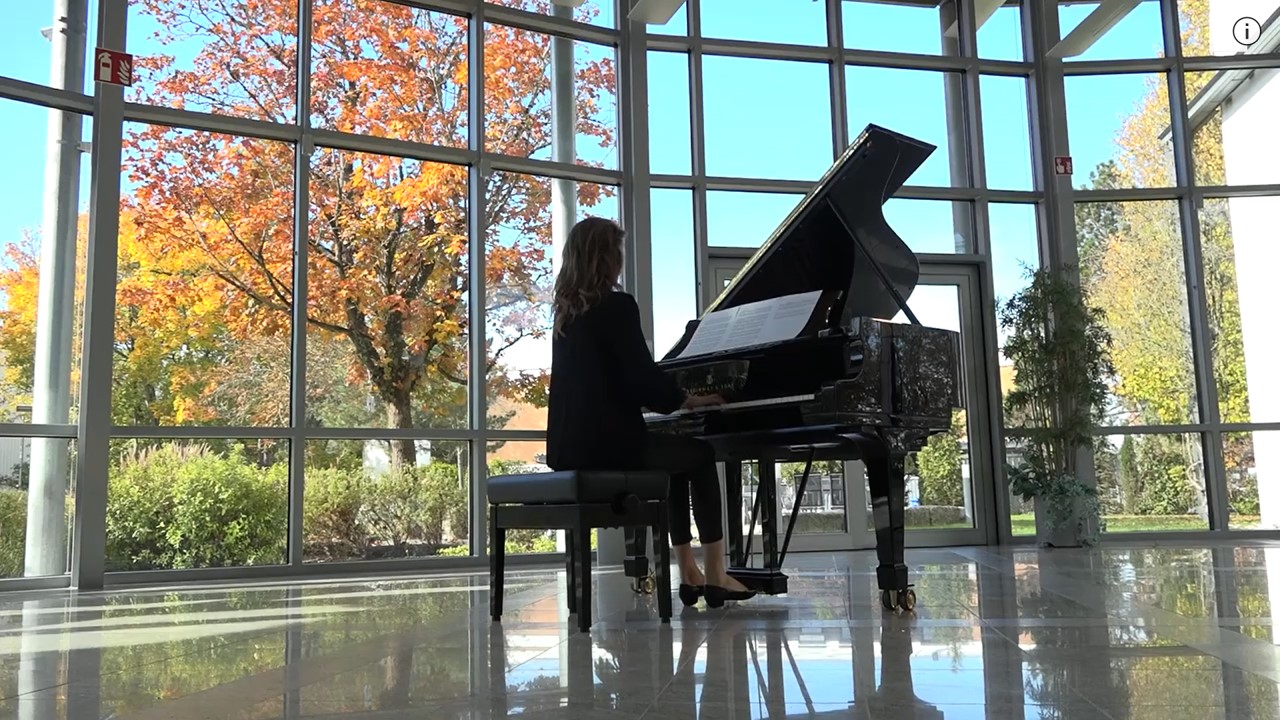About
Elements of gregorian chant, Indian raga music, gamelan, rock and progressive rock are frequently present in Bill Whitley’s work; and western composers who continue to influence his work include Brian Eno, John Cage, Laurie Anderson, Meredith Monk, Tetsu Inoue, Giacinto Scelsi, Morton Feldman, Lou Harrison, Pauline Oliveros, and Paul Dresher.
“Ad emergere, distintiva, è una vena narrativa
che si esplica nella studiata interpolazione di
incisivi episodi melodici e ritmici, insieme a
momenti di sospeso e incantato lirismo.”
-Filippo Focosi, Kothodik eZine, October 2017
(A distinctive narrative that emerges is the
interpolation of incisive melodic and rhythmic
episodes, together with moments of suspended
and enchanted lyricism.)
“… exceptional command of melody and compositional form.
The music…stands head and shoulders above others of its ilk…”
– Textura eZine, August 2017 review of
Bill’s I Dream Awake recording.
“Whitley composes music of integrity and sophistication that’s
also disarmingly accessible—not an easy combination to achieve,
even if he makes it sound easy…”
-Textura eZine, August 2017
Whitley’s music has been performed primarily in Italy, Russia, and the U.S., by ensembles ranging from Symphony Orchestra to Solo Electric Guitar. Commissions consist of chamber, choral, vocal, and orchestral works. His most recent work, commissioned by Civica Scuola di Musica in Milan, is scored for two guitars, harp, vibes, and two pianos.
Bill was born in the Northwest United States, and he received a Bachelor of Arts in 1994 from Gonzaga University in Spokane, Washington where he studied organ, piano, and composition. In 2000, he earned a Master of Music degree in composition at the University of Idaho in Moscow, Idaho; and in 2007, a PhD in composition at the University of Oregon, in Eugene, Oregon.
Bill has studied composition with Robert Kyr, David Crumb, Robert Dickow, Dan Bukvich, and Fr. Kevin Waters; and has had master classes with Lou Harrison, George Crumb, Veljo Tormis, John Adams, and John Corigliano.
Whitley has taught at The University of Idaho, Western Oregon University, The University of Portland, and The University of Oregon. He currently teaches Music Theory, Aural Skills, Composition and Piano at Chemeketa Community College in Salem.
Bill Whitley’s music is recorded on Teal Creek Music and Ravello Records, and his sacred choral works are published by Trinitas Choral Series.
You can learn more about Bill’s work by visiting billwhitleymusic.com.

